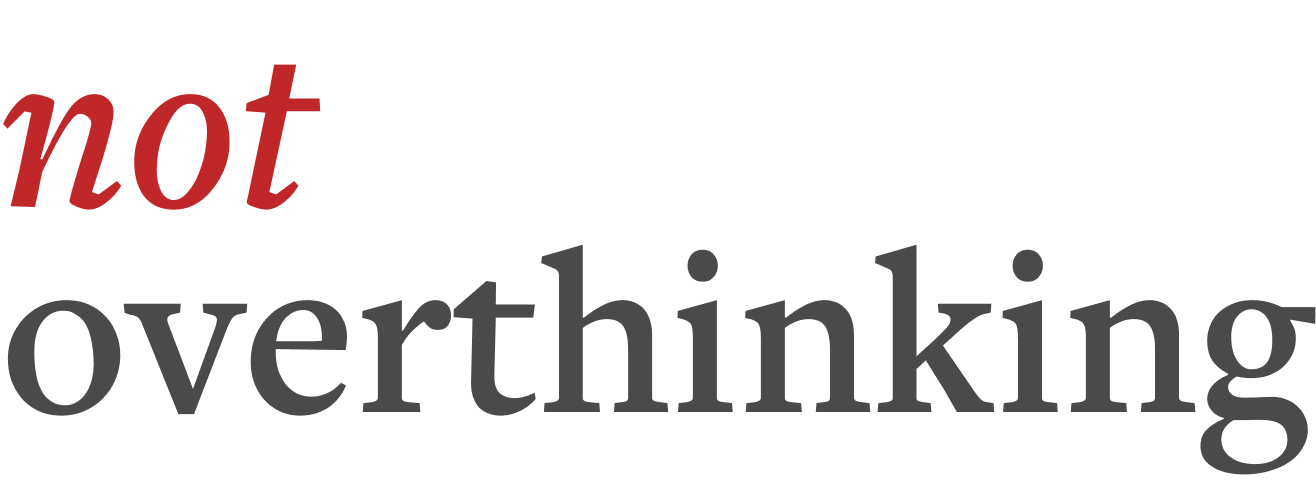Intentional Socialising

Some of the highlights from our discussion:
We should apply some structure to social events in order to avoid leaving our social lives up to chance. In our social lives the default is to avoid structure – social norms dictate that social events should be spontaneous and having some form of structure introduces too much formality. But being intentional, planning and applying some levels of structure to our social lives means that we avoid leaving everything down to chance which is not a sustainable way of approaching our social lives. Within the university framework there is an active effort to organise activities but beyond university, that becomes much more difficult but equally makes structure and planning that much more important.
There are two ways to build in structure and intentionality:
- Build in structure around social sessions: in other words, build in structure for when you meet up. For example, create social standing orders in your calendar – by having a weekly default social activity or event, people are more likely to socialise more regularly rather than rely on chance and short-term planning. Taimur discusses the app Calendly (link below) which reduces the friction around being more intentional about social events.
- Build in structure within the social sessions: based upon the concept of mastermind retreats that are popular in the tech community, structuring time within a social setting to talk through your personal life and asking for people’s opinion’s in the group about what they could be doing next gives people the time and space to talk through their stuff. While we might want to talk about personal issues and we want to listen and help our friends with their own personal problems, it’s not often the sort of subject that comes up in natural conversation. This form of semi-structured sharing gives us all permission to talk about these things and removes the thoughts of feeling bad about dominating the conversation.
Structure and planning do require someone to take the initiative. There does need to be an instigator but if that doesn’t exist in your friendship group, the idea would be to become the initiator yourself – set up a poll, gather people’s availability and bring people together yourself.
The idea of structure should not just be restricted to weekly events. It can be expanded to include intentional group holidays which can create low optionality scenarios and therefore serve to bring people closer together. Ali engages in these breaks with a group of friends who are all medics whereby they meet up and go away every four months after a medical placement.
Useful Links:
Become a Not Overthinker
We've got a fun little members-only community where we have a private Slack channel, and host weekly (ish) Zoom hangouts. Click here if you fancy joining.
Leave us a Review
If you enjoy listening to the podcast, we'd love for you to leave us a review on iTunes / Apple Podcasts. Here's a link that works even if you're not on an iPhone :)
Send us an Audio Message
We really want to include more listener comments and questions in our episodes. If you've got any thoughts on this episode, or if you've got a conundrum or question you'd like us to discuss, send an audio file / voice note to [email protected].
- For any non-audio comments, please comment on our YouTube channel.
- Alternatively, feel free to drop us a tweet or DM on Twitter - https://twitter.com/noverthinking.



